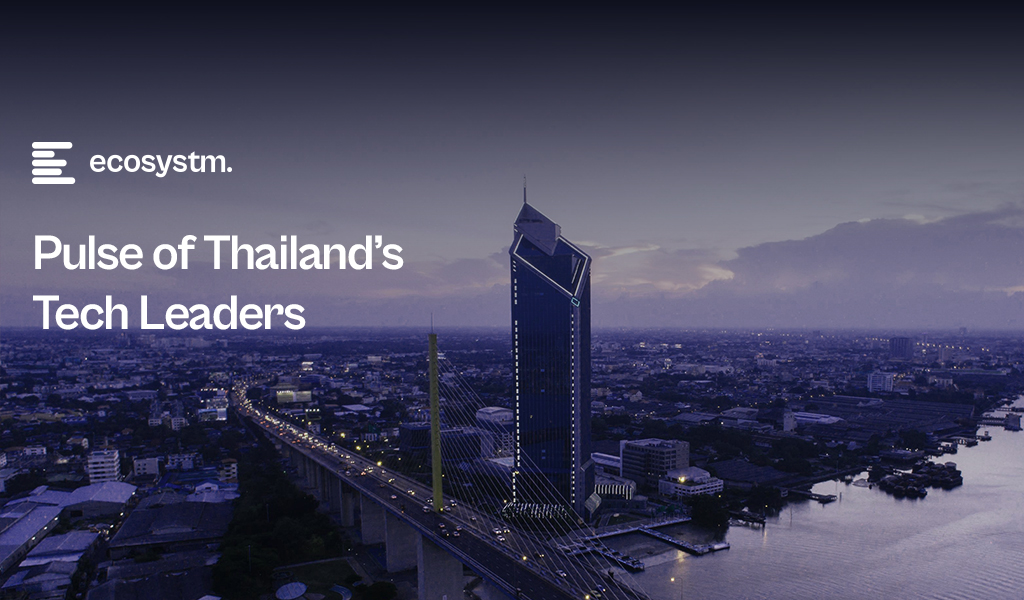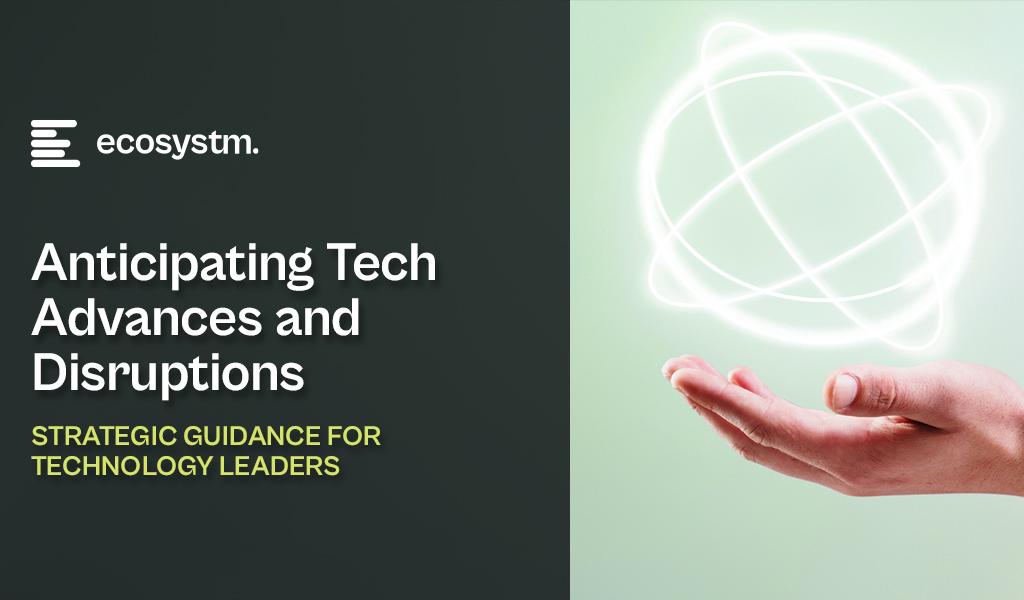
The technology market in Thailand continues to evolve at an unprecedented pace, creating both exciting opportunities and significant challenges for tech leaders in the country. Real-world AI applications and cloud expansion define the future of IT strategies in 2024, as organisations push digital transformation forward. Understanding these trends is crucial for navigating today’s market complexities and achieving exponential growth. Here are the opportunities in the Thailand technology landscape and insights on how to address them effectively.
Tech Modernisation: Breaking Free from Vendor Lock-in
Data centre consolidation and infrastructure modernisation remain top priorities for organisations in Thailand. These processes catalyse the ‘de-requisitioning’ removing outdated or unnecessary technology from an organisation’s infrastructure. But vendor lock-ins pose challenges for organisations, mainly stifling organisational flexibility, hindering innovation, and exposing them to business disruption risks.
44% of organisations in Thailand are focused on consolidating data centres and modernising tech stacks to mitigate vendor lock-ins and enhance operational efficiency.
Modernising infrastructure reduces reliance on single vendors and improves scalability and resilience. Despite the widespread adoption of hybrid and multi-cloud environments, effectively managing these systems remains challenging and requires additional strategic investments.
Over-reliance on a single provider can expose organisations to new risks. This is why CIOs in Thailand are taking decisive steps to combat technology vendor lock-in. They are centralising and modernising their data centres and enhancing cross-platform tools to reduce vendor dependency.
This approach is key to their long-term growth and innovation, allowing them to remain at the forefront of the digital transformation landscape, ready to leverage emerging technologies and adapt to expanding business challenges.
The Hybrid Cloud Labyrinth: Managing Complexity for Success
Nearly 60% of Thailand organisations have embraced hybrid and multi-cloud environments, but the challenges of managing the complexity are often underestimated.
Hybrid strategies offer numerous benefits, such as increased flexibility, optimised performance, and enhanced disaster recovery capabilities. However, managing different cloud providers, each with its unique interface and operational management tools can be challenging.
The challenges of managing a hybrid IT environment are indeed multifaceted. Integration requires harmonising various technology services to work together seamlessly, which can be complex due to differing architectures and protocols. Security is another primary concern, as managing security across on-premises and multiple cloud providers necessitates consistent policies and vigilant monitoring to prevent breaches and ensure compliance. Additionally, efficiently utilising resources across hybrid clouds involves sophisticated monitoring and automation tools to optimise performance and cost-effectiveness. These challenges are real and pressing, and they demand attention and action.
Alarmingly, only 1% of organisations in Thailand plan to increase their investments in hybrid cloud management in 2024.
Organisations can ensure seamless integration, consistent security readiness, and efficient resource utilisation across diverse cloud platforms by investing in robust tools and practices for effective hybrid cloud management. This mitigates operational risks and security vulnerabilities and leads to cost savings due to well-managed cloud environments.
It’s crucial for CIOs in Thailand to urgently prioritise investing in new comprehensive management solutions and developing the necessary skills within their IT teams. This involves training staff on the latest hybrid cloud management technologies and best practices and adopting advanced tools that provide visibility and control over multi-cloud operations. Cracking the hybrid/multi-cloud code empowers CIOs to not only navigate these environments, but also unlock the potential of advanced technologies like AI, ultimately driving superior IT services and expanded business growth. The urgency of this task cannot be overstated, and the sooner you act, the better prepared your organisation will be for the future.
The Future of Work: AI Adoption for Enhanced Productivity
AI is a powerful tool for improving employee productivity and transforming internal operations.
However, only 12% of Thailand’s organisations invest in AI to enhance the employee experience.
This represents a missed opportunity for organisations to utilise AI’s potential to streamline processes, automate repetitive tasks, and provide personalised support to employees.
AI can significantly enhance operational efficiency by automating routine tasks, enabling staff to focus on strategic initiatives. For instance, AI-driven analytics platforms can process vast amounts of data in real time, providing actionable insights that help businesses make informed decisions quickly. AI frees employees to focus on higher-level tasks like developing innovative solutions and strategies. This empowers them to take on more strategic roles, fostering personal growth and career advancement.
The early adopters of AI in Thailand are already reaping the benefits, gaining significant competitive edge by enhancing employee productivity and satisfaction.
In Thailand AI adoption is gaining momentum within tech teams – 44% are exploring its potential for various use cases.
However, its capabilities extend far beyond. AI encompasses a wide range of technologies that can generate content, such as text, images, and code, based on input data. These versatile capabilities are not limited to tech teams, but can also be used for content creation, process automation, and product design in various industries. The success of these early adopters should inspire other Thailand organisations to consider AI adoption as a means to stay ahead in the market.
The enthusiasm for AI has yet to extend beyond tech teams, with only 19% of business units considering its adoption.
This difference highlights an opportunity for CIOs in the country to play a crucial role in advocating for broader AI adoption across the organisation. By demonstrating the tangible benefits, such as increased efficiency, reduced costs, and enhanced innovation, CIOs can drive more widespread acceptance and use. Encouraging cross-departmental collaboration and training on AI applications can further support its integration across business operations. CIO leadership is crucial for successful AI adoption.
The Importance of a Collaborative Ecosystem
Together, we can navigate the intricacies of advanced technologies and foster innovation in Thailand organisation. These market trends should guide you on how to establish a resilient and adaptable IT infrastructure that facilitate long-term growth and innovation. Emphasising modernisation and the strategic use of AI will enhance operational efficiency and position your organisation to harness emerging technologies effectively, all while being part of a supportive and collaborative community.
Stay tuned for more Ecosystm insights and guidance on navigating the Thailand technology landscape, ensuring your organisation remains at the forefront of digital transformation.







